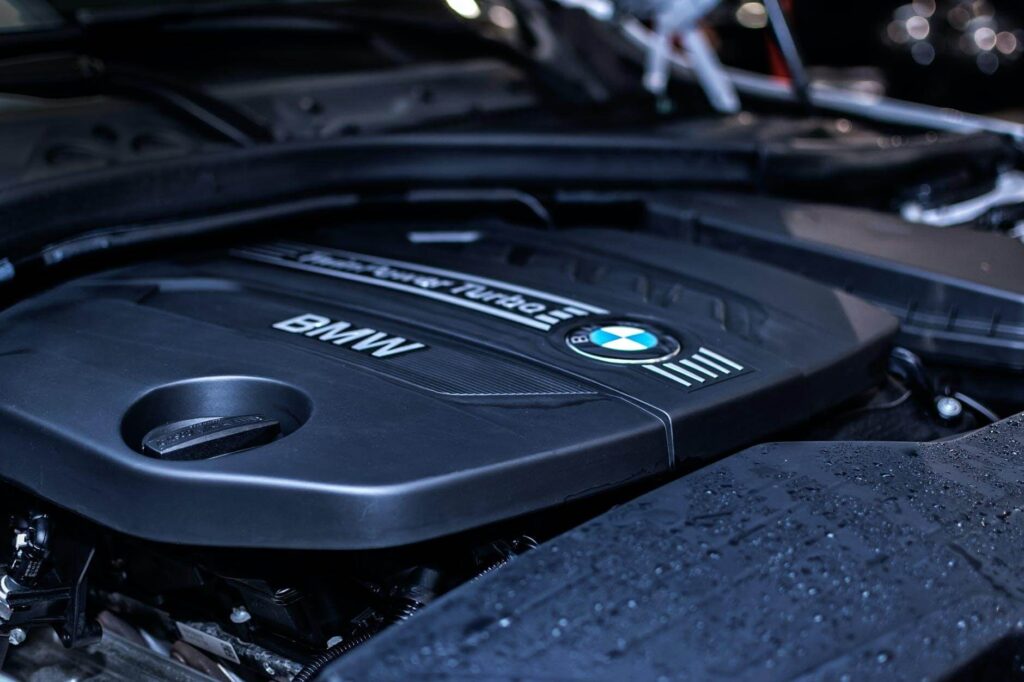Are you planning to buy a new car? Second-hand vehicles are the most affordable, but their sellers are not always honest. Fortunately, there is an easy way to establish the truth. By running a quick search online, you will discover a plethora of reliable information.
Why is this possible? Every vehicle (passenger car, truck, motorcycle, or trailer) in the United States has a unique identifier. Known as the vehicle identification number, it is often found on the chassis. As no two vehicles may have the same number, the FaxVIN search will tell you if the seller is shady. This check is an important precaution that prevents unpleasant (and expensive) surprises.

Key Facts About VINs
The numbers are stamped on the cars while they are still on the production line. They do not change throughout their lifetime. Every identifier is a sequence of 17 numbers and digits. This format has been used since 1981, when it was approved by the National Highway Traffic Safety Administration. This number does not include the three letters that are easily confused with numerals — O, I and Q.
The code contains important information about where the vehicle came from. Each of the characters matters. For example, the first character reveals the country, while the second digit or letter refers to the manufacturer. It is followed by vehicle attributes, model year, plant identifier, and sequential number. Character 9 confirms the accuracy of the VIN.
While the licence plates may be replaced, modification of a VIN is always suspicious. There are very few exceptions to this rule (for example, renovation of vintage cars, as vehicles before 1981 had different VINs). If you notice that the numbers on the car and in the accompanying documents differ, cancel the deal immediately.
How the Checks Work
Prospective car owners can run two types of checks. The basic one, known as decoding, deciphers the number to show the above-mentioned details. VIN check is a thorough investigation into the background of the car, including accident history, damage records, repossessions, etc.
Both checks are quick and simple. All you need to do is enter the identifier in the corresponding field and launch the search. This is the best way to establish the true identity of any vehicle. Online checks are also convenient, as they accumulate data from multiple sources, including the U.S. National Motor Vehicle Title System (NMVTIS), manufacturers, and insurance companies. A VIN check can tell you the following:
- Vehicle history
- Vehicle type
- Odometer readings
- Total loss records
- History of accidents
- Structural damage
- Mileage Rollback
- Recalls and defects
- Liens and repossessions
- Damage from the calamities (hail, flood, fire)
- Theft and recovery
- If the car has been used by the police or as a taxi
- History of inspections, service, and registration
- Other important specs
Compare the results with what the seller has told you. In case of any incongruencies, think twice. Inconsistencies show there is something wrong with this vehicle. For instance, if the seller claims there have been zero accidents or no damage, while the report shows otherwise, walk away. You have caught them in a lie.
If you notice different numbers on different parts of the same car, this is a major red flag. This means the vehicle contains parts of other vehicles. It is a ‘cut and shut’ car. If the same VIN belongs to two vehicles, this is known as cloning. It means that the number has been transferred from one car to another.

Where to Find the Number
As we have mentioned, chassis are the most common place. Look under the plastic trim around the door opening on either side of the vehicle. If the number is not there, you may find it in the engine bay. Manufacturers may place VINs on different parts of the car. This also depends on the country. For instance, in the UK, VINs are usually found at the bottom of the windscreen, so the police can check them easily.
To Conclude
When shopping for a second-hand car, check its VIN number online and compare it with the seller’s version. This unique identifier provides a wealth of information about the car, its specifications and past events. In case of any inconsistencies, call off the deal.


